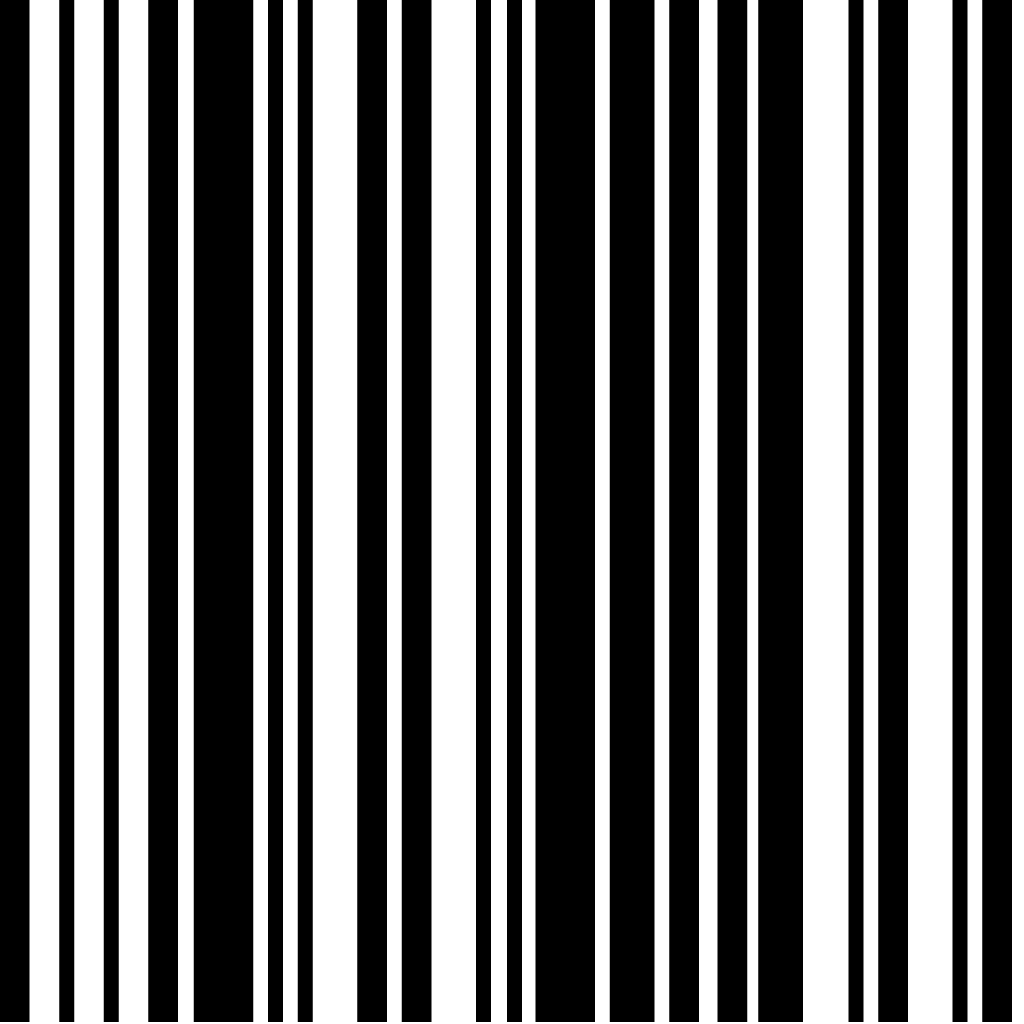Dear buyers,
‘Tis the most wonderful time of the year! And no amount of physical and Maria-from-West-Side-Story-GIF twirls would suffice in expressing my innermost childlike joy. For it comes the time to welcome a new commodity into my life. Oh, the pleasures of consumerism! And if you are a fellow subscriber to the digital world of disposable technology (like yours truly), this escapade that I’m about to recount will ring true and hopefully, resonate.

Back to my narrative… After 5 long years of loyal service, my Samsung Note 2 had arrived at its ripe old age suited for the shelves. How do I know, you ask? Apart from the fact that it switches itself off on a whim and has a response time of somewhere between forever to never, it has been challenging due to its inability to update apps with a measly storage of 8GB. And so for the past few days, I’ve been dedicating quality dissertation-writing-time to googling and comparing phone specs like how a rational prospective consumer would.
AS IF. Who am I kidding? I have been anything (prejudiced and biased) but rational. Such preposterous behaviours include spending almost 2 hours watching the entire YouTube playlist of iPhone advertisements (among other things in that black hole of moving images). But something did prove intellectually fruitful because while I was consuming Apple propaganda, I begin to question my preference: Why an iPhone?
With a little scholarly reading to put my thoughts in perspective, I have reached an ‘aha’ moment in my little digital dilemma. The answer was simple: iPhone, other than a powerful consumer good is as well a powerful cultural icon. This little piece of 5.5-inch technology is ultimately empowered because society attaches cultural meanings to it.
Speaking for my own, the Apple brand was always representational of the American ideal in digital technology. Darn you, product placement in most American movies and TV series! I suppose it does make the technology that much more desirable when Elle Woods flaunts hers in a sea of monotonous black slabs of plastic and metal (obviously referring to my younger days when I thought vibrant orange was desirable).

Besides, the iPhone is also what I consider as the status symbol of the century. One has got to be loaded (or have loaded, pampering parents) to ride this constantly renewing wave of iPhones every new year. Not to mention, there is the need for youths to identify (of which I am likewise guilty). Wanna be a Techie? Get an iPhone. Boho-chic? iPhone. Hipster? iPhone. You get the picture. If you really think about it, there is NO homage to originality. How are you different from the other youth subcultures? Is not the unique identification what we’re striving for?
But sadly, despite my little critiques, my desire to be in trend is too strong to resist. You have to understand, this is the golden opportunity to up my photography game with iPhone’s Live Photos. To boot, the rose gold option does make it all the more aesthetically tempting.
Well, the only thing standing in between dream and reality is for the already-financially-prudent me to skimp on other expenditures, just to save enough for a consumer good that has an expiry date for trendiness. Ten points for American cultural imperialism, zero for me.
Switching off,
Will regret spending that money in another 5 years.
Sources: giphy.com; academia.edu; huffingtonpost.com; businessinsider.com; barexambrief.com; iphonephotographyschool.com







